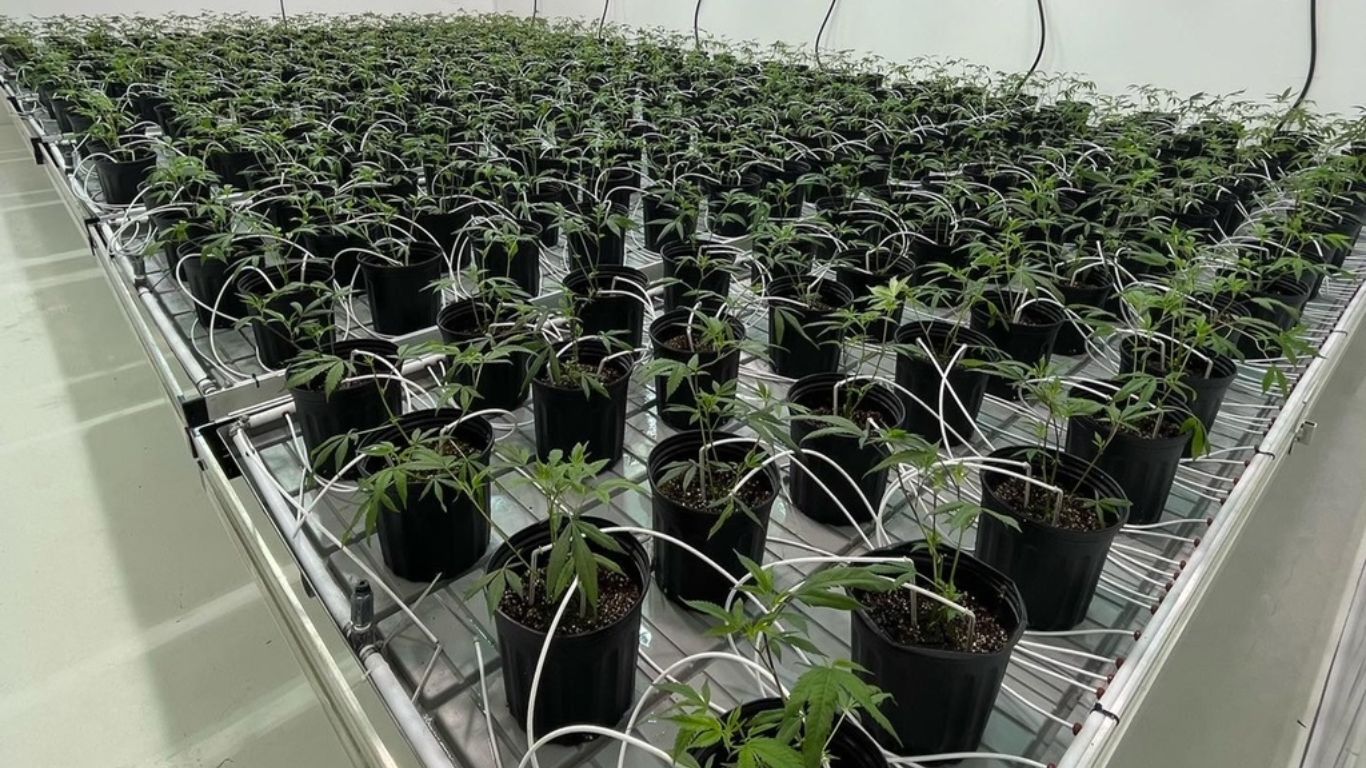
Metro Vancouver is asking for input from industry and the public on proposed regulations for controlling emissions from cannabis growers and processors.
A webinar will be held on October 21 and November 4, with staff giving an online presentation and fielding questions relating to their proposed emission management for cannabis production, processing and extraction operations in the Metro Vancouver region.
Metro Vancouver, which encompasses more than 20 cities in BC’s Lower Mainland, first announced its plans to regulate volatile organic compounds (VOCs) in 2019, holding stakeholder meetings in late 2020 and early 2021. In August, Metro Vancouver then released a new proposal based on the feedback. This latest round of stakeholder meetings will cover their newest proposal, as well as a discussion of a timeline for implementation.
The agency will be accepting feedback until November 30, 2021.
Under the proposal, cannabis facilities that would potentially be covered by the emission regulation include operations conducting indoor cultivation, cultivation by several individuals in cooperatives, cannabis processing operations such as drying, trimming and harvesting of cannabis plant material, and cannabis oil and active ingredient extraction facilities.
“We believe these regulations establish a concerning precedent that cultivators in other industries in British Columbia should be watching closely.”
Cannabis Cultivators of British Columbia
However, outdoor cultivation, personal growing of cannabis plants, and cultivation under the federal Industrial Hemp Regulations will not be covered under the proposed regulation.
Metro Vancouver’s concern is the volatile organic compounds (VOCs) produced by cannabis itself, as well as nitrogen oxides produced from heating and lighting associated with indoor cannabis facilities. Their intention is to create a set of regulations for more than a dozen cannabis production companies operating in the region (cultivation, processing, etc).
Volatile organic compounds are emitted from all plants, including cannabis, and can contribute to the formation of ground-level ozone, which is dangerous to human health.
A representative for the Cannabis Cultivators of British Columbia (CCBC) says they are worried that if passed the new requirements could have unintended negative consequences not only for cannabis, but for all forms of agriculture in the province. In a statement to StratCann, the CCBC said:
“Members of CCBC have expressed concerns with some of the proposed emission regulations put forward by Metro Vancouver. Some of the currently proposed regulations impose requirements on cultivation and processing which create negative impacts and applications that are not fully understood by Metro Vancouver. We believe these regulations establish a concerning precedent that cultivators in other industries in British Columbia should be watching closely. CCBC continues to engage with Metro Vancouver to discuss our concerns in the hopes that we may arrive at an acceptable resolution. We have a meeting scheduled with Metro Vancouver later this month and will know better after that what the next steps in the process will be and how we intend to proceed.”
Categories
The proposed regulatory requirements to manage VOC emissions from cannabis production and processing facilities fall under five categories:
- Emission Management Plan;
- Emission Control Requirements;
- Complaints Response Plan;
- Required Records and Reporting; and
- Minimum Distance Requirements.
Greenhouses that use natural ventilation in growing areas and were operational before March 31, 2021, will be required to have greater than 70% control efficiency for growing areas until July 1, 2031, and greater than 95% control efficiency thereafter.
Fees
Metro Vancouver is proposing a registration fee of $2,000 to cover the cost of the registration process, the review of the application and an initial inspection, plus an annual regulatory fee.
Under the proposed rules, new facilities would also not be allowed to be located more than 200 metres from land zoned for residential use, hospitals, schools, daycares, playgrounds and community care facilities.
Much of Metro Van’s proposal is based on similar regulations imposed in Denver, Colorado. More information on that is can be found here and here.
Editor’s note: This article initially stated these proposed rules only applied to those licence holders with more than 200m2 of canopy. Metro Vancouver has clarified these proposed rules apply to all canopy sizes. Those with more than 200m2 of canopy must adhere to additional requirements. For example:
For facilities with a growing area that is greater than 200m2, emission management plan must be
prepared by a qualified professional (QP) and submitted to the Metro Vancouver District Director for approval.
Activated carbon filters must be operated and maintained per manufacturer’s specifications and,
for facilities with growing area greater than 200 m2, according to QP guidance.
The emission management plan for a cannabis producer will be required to specify the number of activated carbon filters, sizes, mass of activated carbon, air flow rates and replacement
frequency of activated carbon. For facilities with growing area greater than 200 m2, a QP must
determine these parameters. For those facilities with growing area greater than 200 m2, a QP must confirm the replacement frequency and specification of activated carbon once the facility is in operation by conducting at least three Butane Activity tests (ASTM D5742), separated by at least six weeks and analyzing a minimum of three representative activated carbon filters or samples per test.











